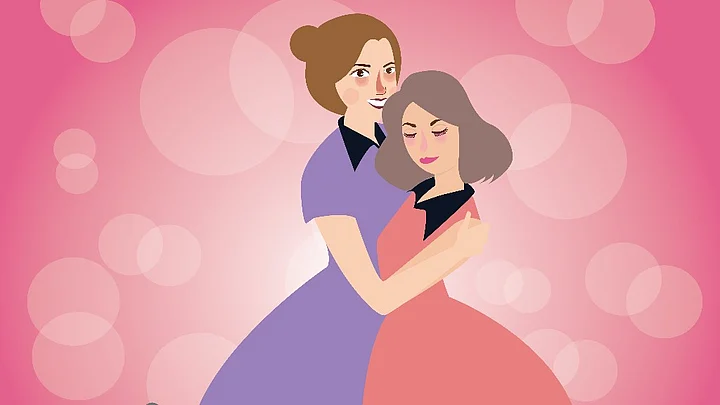What constitutes a ‘safe space’?
This concept has been much maligned recently, with people who demand it being labeled as ‘weak’, ‘incapable of real life’, and ‘overly sensitive’.
Google the term, and you’ll see thousands of unkind memes portraying people who need safe spaces, especially women, as wild-eyed, rabid creatures out to attack anyone who dares disrupt their narrative.
Safe spaces have been labelled ‘threats to free speech’ and ‘pillow forts’. Saying the words out loud in a group usually leads to snorts of derision, and very wise words about how reality is inherently unkind, and hence, not safe.
When I tried to create a safe space on Twitter, however, I interacted with brave, strong individuals who found in themselves the ability to be vulnerable.
They uncovered scars of trauma they had managed to suppress over the years, and contributed to a conversation that actively fostered a sense of community, healing, and solidarity.
They shared stories, pain, anger, and sadness. But they also shared joy, kindness, and forgiveness. There was no conflict, but patience, and a sense of belonging.
A safe space is exactly that. All it is, is an imagined community that shares a simple ideal – one of empathy, consideration, and generosity.
It’s people coming together, not to sympathise, but to be an audience to someone else’s healing. That shared moment of human tenderness often acts as a catalyst, an impetus that leads to acceptance of pain. That, in turn, eventually leads to overcoming of the pain.
The safe space I created was essentially to talk about a phenomenon I call ‘diminishing’.
It’s when you do try to report sexual assault of any kind, but find yourself brushed aside by figures of authority because they find your experience misaligned with their definition of degradation.
In my limited personal experience, I’ve seen it happen more times than I can count, and when I tweeted asking people to talk about their experiences, it was partially because of selfish reasons.
I wanted to know if I’m overstating the problem in my head, or if it’s actually as prevalent as it seemed to be.
I would be lying if I said the results shocked me. They broke my heart, and had me on the verge of tears many, many times. But, they were not shocking.
When you come from a context that drowns the concept of consent in a deluge of misunderstood comparisons to sex and intimacy, and shrouds those with shame and taboo, it’s hard to feel anything but a dull, repeated ache.
It echoes a sense of helplessness, especially when compounded by the realisation of the fact that often, the most compassionate figures of authority – your family, your parents, and often, your siblings – will actively try to diminish your experience because of the very desi concept of ‘log kya kahenge’ (what will people say).
It’s very easy to let this apathy sweep you away, and it’s easier to harden yourself by assuaging yourself that you can’t change status quo.
But, if this experience taught me anything, it was that you definitely can be the change yourself.
Status quo is simply a paradigm. It’s not a factual truth. Its thrust can be disrupted by creating narratives, by giving people voices, and by giving those voices an audience, a medium, and some weight.
Safe spaces, especially those online, do that. They allow people to speak, share, and find hope.
A single tweet promising a safe space reached out to hundred of people around the globe and sparked off a conversation that allowed them to open up.
Imagine what would happen if all of us, in our limited personal capacities, actively tried to be nonjudgmental, kind, and empathetic.
Being a safe space for someone else, even if it’s one person, can kick off a revolution that will lead to a kinder, softer world. And that’s the world we all desperately need, and indeed, deserve.
(Harnidh Kaur is currently pursuing her Masters in Public Policy from St. Xavier's College, Mumbai. Her first collection of poetry, ‘The Inability of Words’, is now available. She can be reached @PedestrianPoet . The views expressed in the article are the author’s own.)
(At The Quint, we question everything. Play an active role in shaping our journalism by becoming a member today.)
